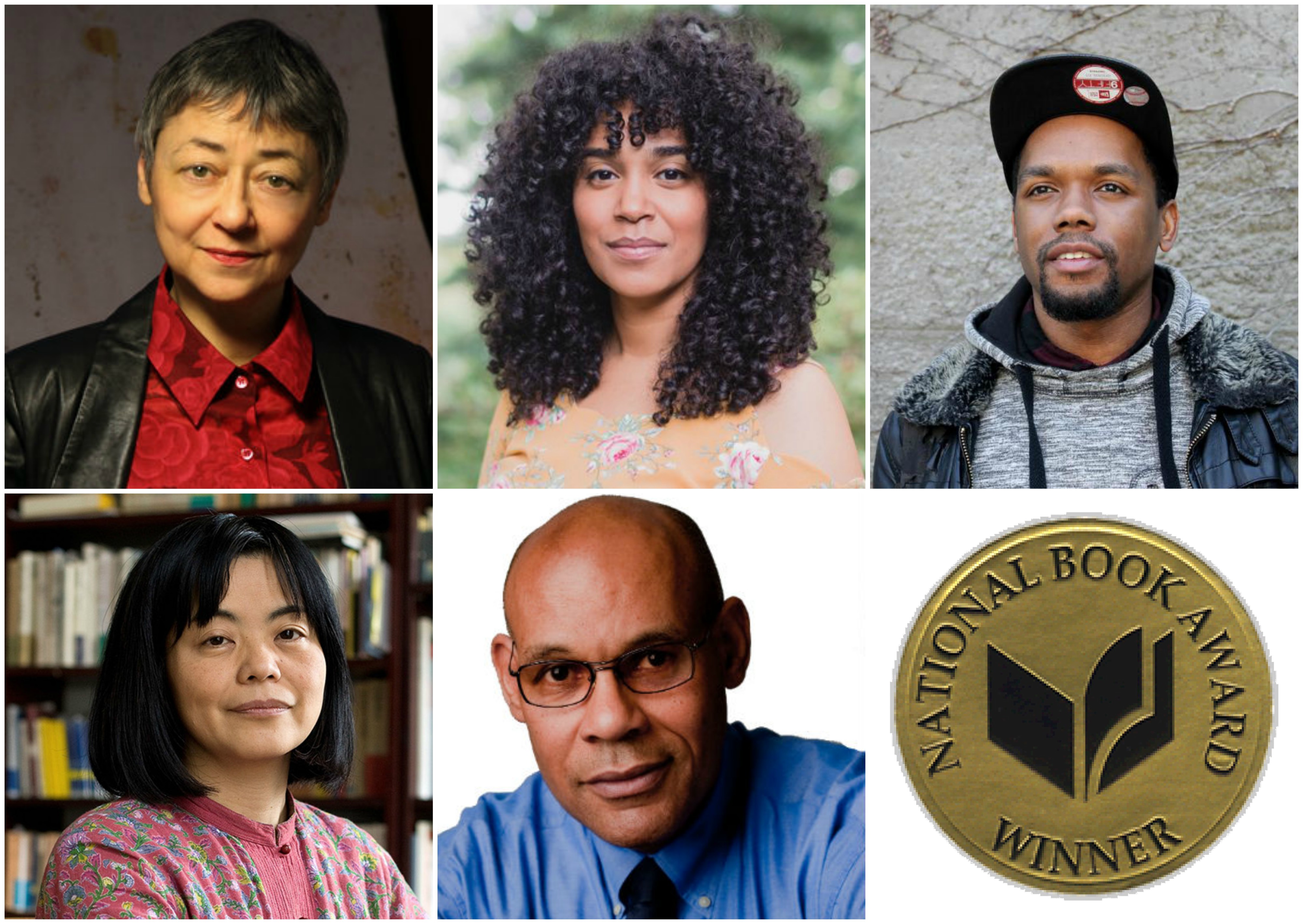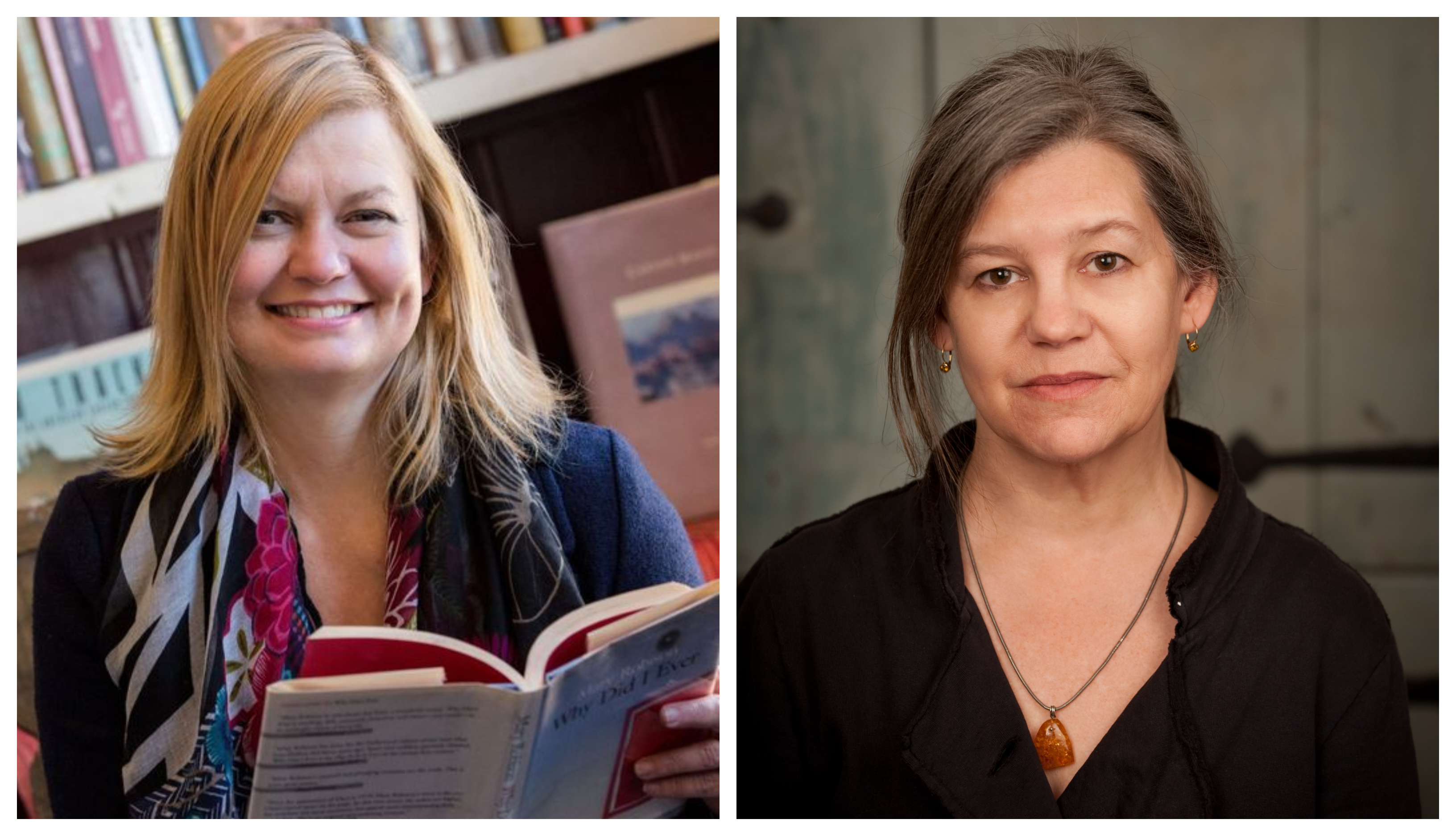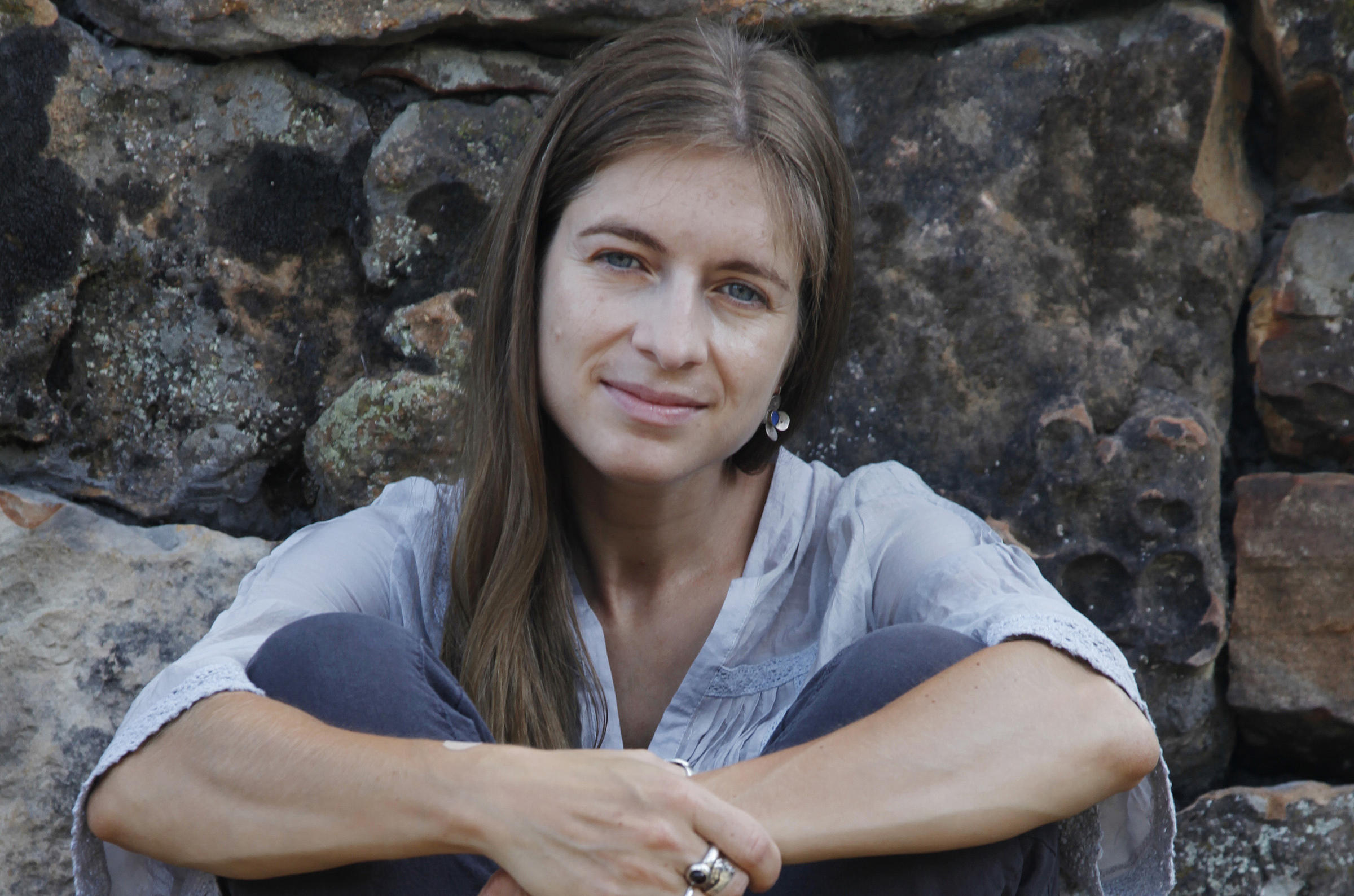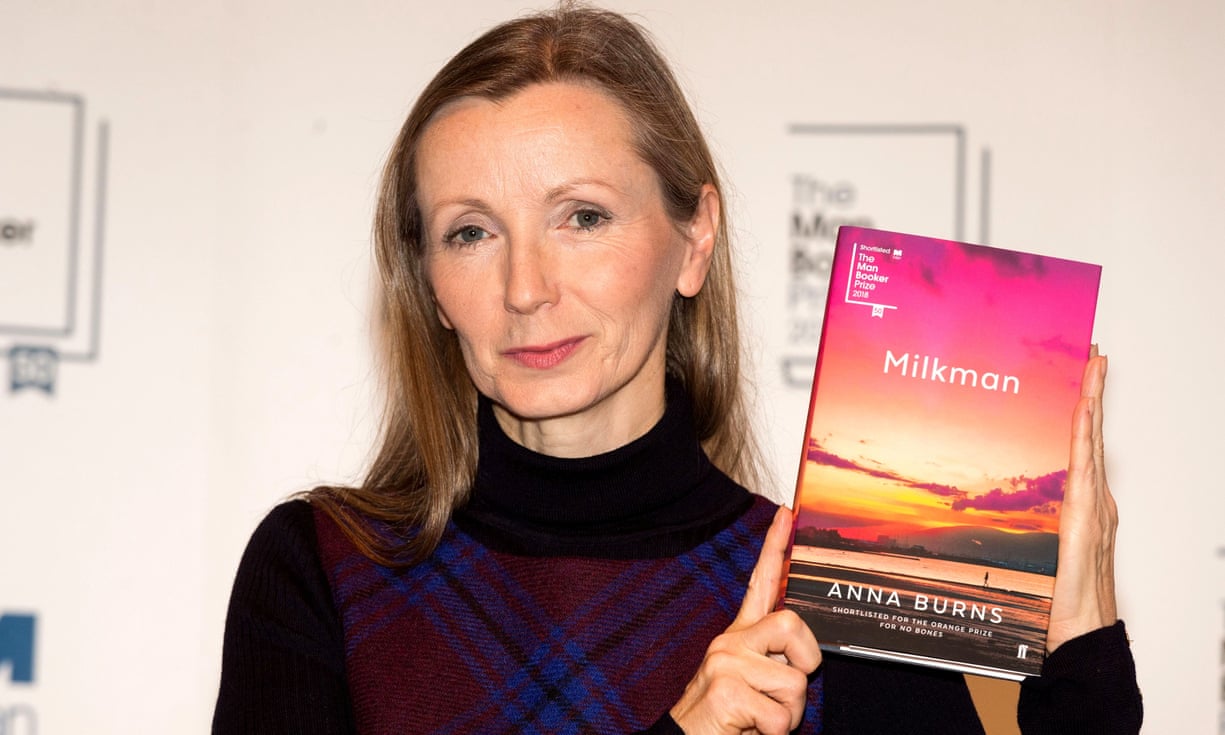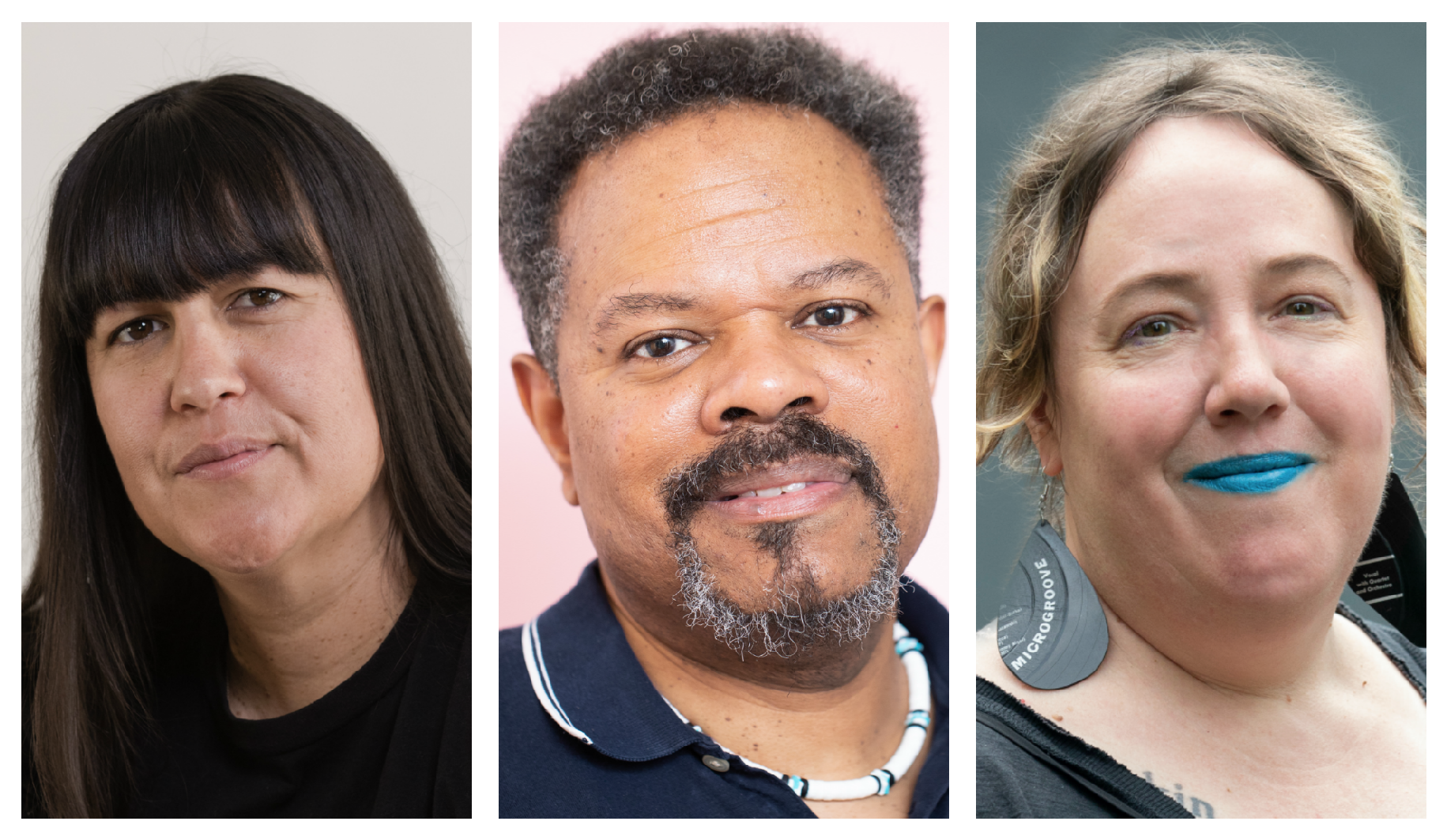Upcoming Prose Contest Deadlines
Planning to get some writing done over the break? There are a number of contests for fiction and nonfiction writers with upcoming deadlines.
Narrative Fall Story Contest: A prize of $2,500 and publication in Narrative is given annually for a short story, a short short story, an essay, or an excerpt from a longer work of prose. A second-place prize of $1,000 and publication in Narrative is also awarded. The editors will judge. Entry fee: $26. Deadline: November 30.
Fish Short Story Prize: A prize of €3,000 (approximately $3,400) and publication in the annual Fish Publishing anthology is given annually for a short story. The winner will also be invited to attend a five-day short story workshop at the West Cork Literary Festival in July 2019. Mia Gallagher will judge. Entry fee: $24. Deadline: November 30.
Dappled Things J. F. Powers Prize for Short Fiction: A prize of $500 and publication in Dappled Things will be given annually for a short story. The editors will judge. Entry fee: None. Deadline: November 30.
Quarter After Eight Robert J. DeMott Short Prose Contest: A prize of $1,008.15 and publication in Quarter After Eight is given annually for a prose poem, a short short story, or a micro-essay. Entry fee: $15. Deadline: November 30.
American Library Association W. Y. Boyd Literary Award: A prize of $5,000 is given annually for a novel published in the previous year that is set in a period when the United States was at war. Entry fee: none. Deadline: December 1.
David J. Langum Sr. Prize in American Historical Fiction: A prize of $1,000 is given annually for a book of historical fiction published during the previous year. Entry fee: none. Deadline: December 1.
Stanford University Wallace Stegner Fellowships: Ten two-year fellowships, five in poetry and five in fiction, are given annually to allow emerging writers to develop their craft in workshops with senior faculty members at Stanford University. Entry fee: $85. Deadline: December 1.
Visit the contest websites for complete submission details, including eligibility guidelines and poem length requirements. For a look at more writing contests with upcoming deadlines, visit our Grants & Awards database and submission calendar.





